Optimal Timing for Synthetic Grass Installation
Synthetic grasses can be installed throughout the year, but the optimal time depends on climate conditions and project requirements. Proper installation ensures longevity and appearance, making timing an important consideration.
Spring offers mild temperatures and moderate humidity, ideal for installation and curing processes.
Summer may require additional precautions against heat, but longer daylight hours can facilitate installation.
Fall provides cooler weather and less rainfall, which can reduce installation delays.
Winter installations are possible in milder climates but may face issues with cold temperatures and moisture.
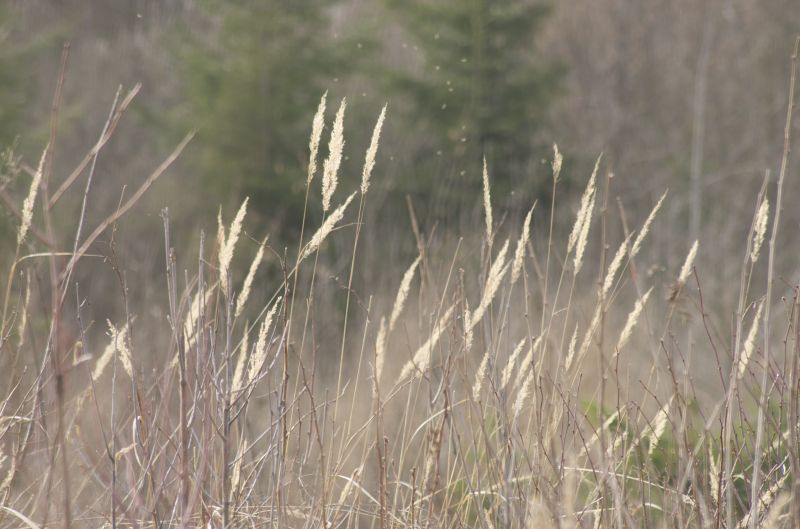
Spring's moderate weather supports effective installation and bonding.
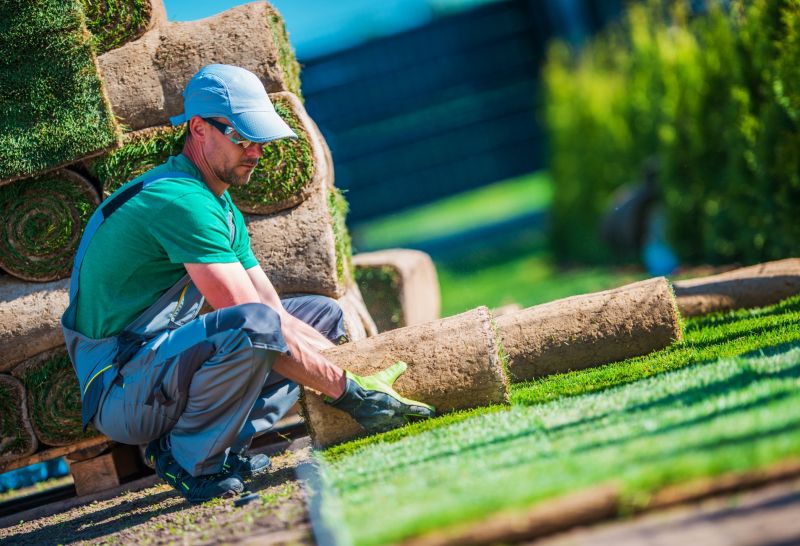
Summer's extended daylight allows for efficient work, but precautions against heat are necessary.
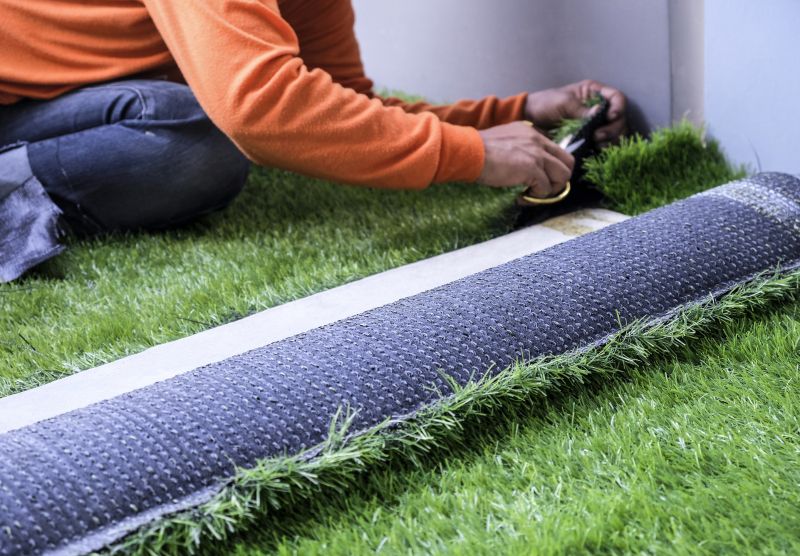
Fall's cooler temperatures and lower rainfall can lead to better installation outcomes.
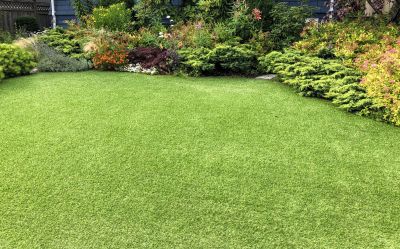
Ways to make Synthetic Grasses work in tight or awkward layouts.
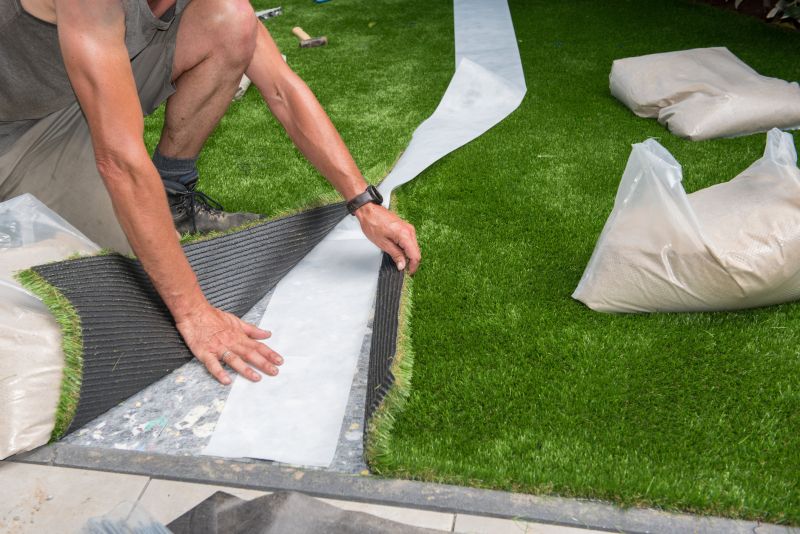
Popular materials for Synthetic Grasses and why they hold up over time.
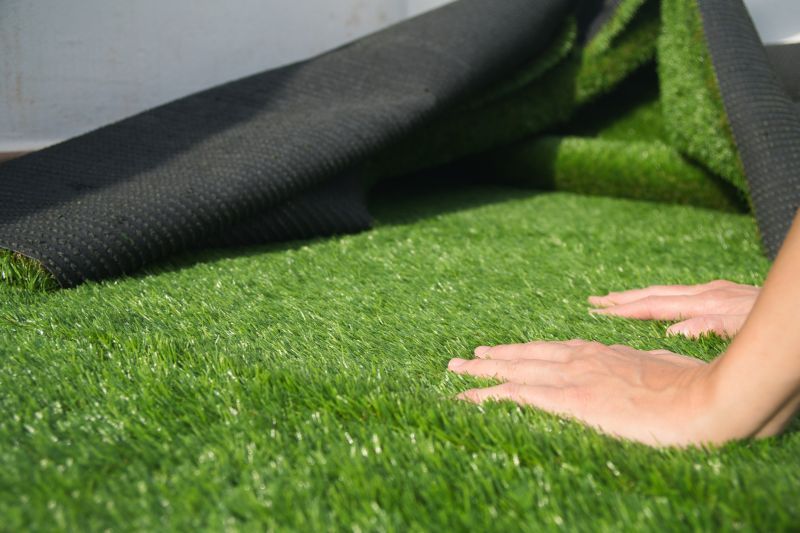
Simple add-ons that improve Synthetic Grasses without blowing the budget.
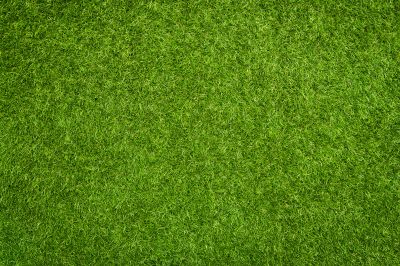
High-end options that actually feel worth it for Synthetic Grasses.
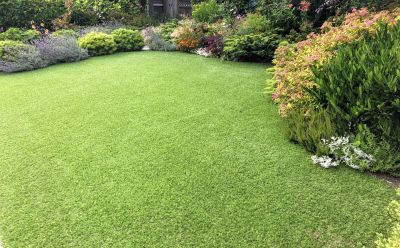
Finishes and colors that play nicely with Synthetic Grasses.
| Season | Ideal Conditions |
|---|---|
| Spring | Moderate temperatures, low humidity |
| Summer | Longer daylight hours, high temperatures |
| Fall | Cooler weather, less rain |
| Winter | Mild climates, avoid freezing temperatures |
Synthetic grasses are versatile and durable, suitable for a variety of applications including residential lawns, sports fields, and commercial landscapes. They require minimal maintenance and can provide a lush appearance year-round. Advances in manufacturing have improved their realism, texture, and longevity, making them a popular choice for many property owners.
Statistics indicate that synthetic grasses can reduce water usage by up to 70% compared to natural lawns. They are also resistant to pests, weeds, and other environmental factors that typically affect natural grass. Installation costs vary depending on size and complexity but can be offset by savings on water, fertilizers, and maintenance over time.
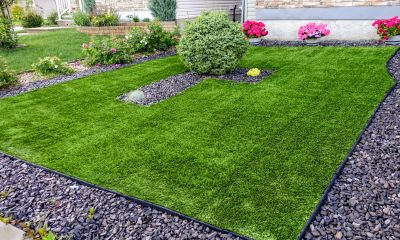
A lush, green synthetic grass landscape suitable for residential yards.
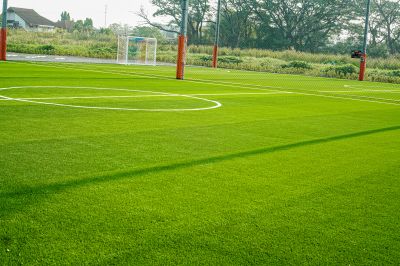
Durable synthetic turf designed for high-traffic sports applications.
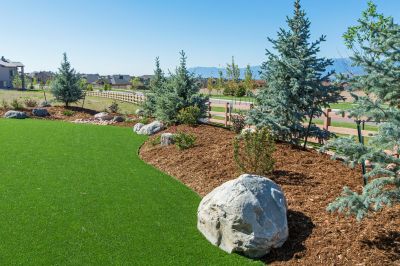
Low-maintenance synthetic grass used in commercial outdoor spaces.
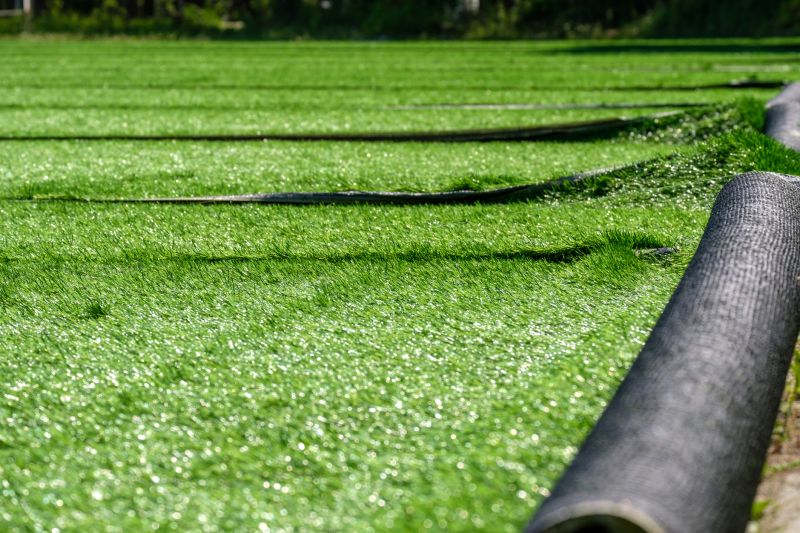
Contemporary synthetic grass installations with realistic textures.
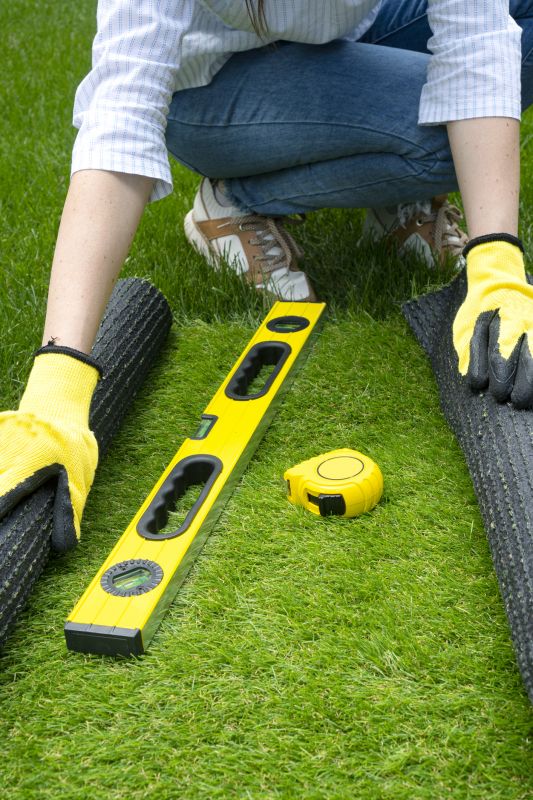
Little measurements that prevent headaches on Synthetic Grasses day.
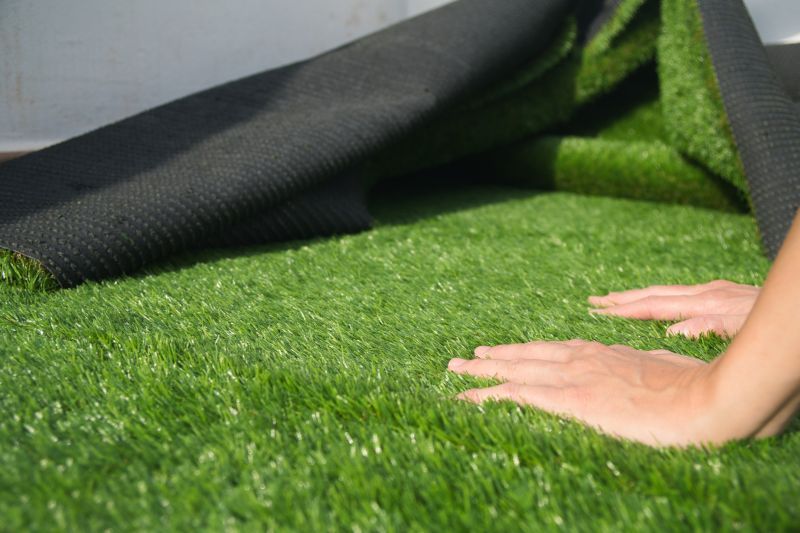
A 60-second routine that keeps Synthetic Grasses looking new.
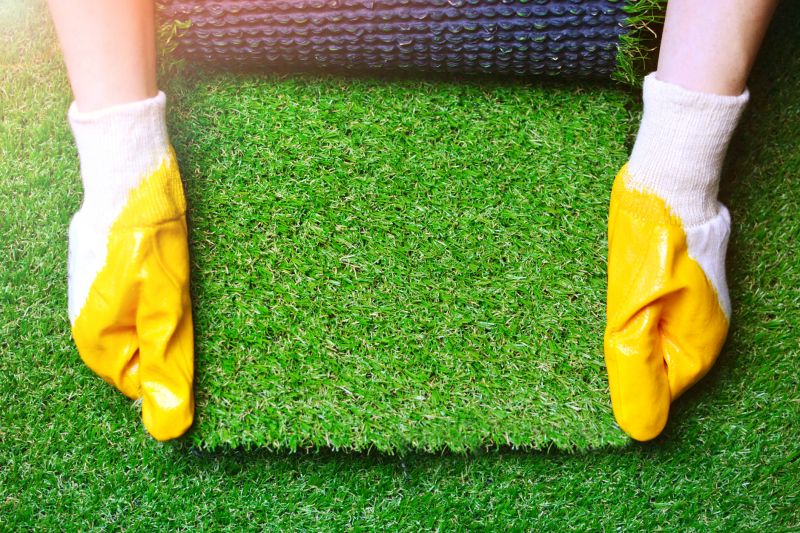
A frequent mistake in Synthetic Grasses and how to dodge it.
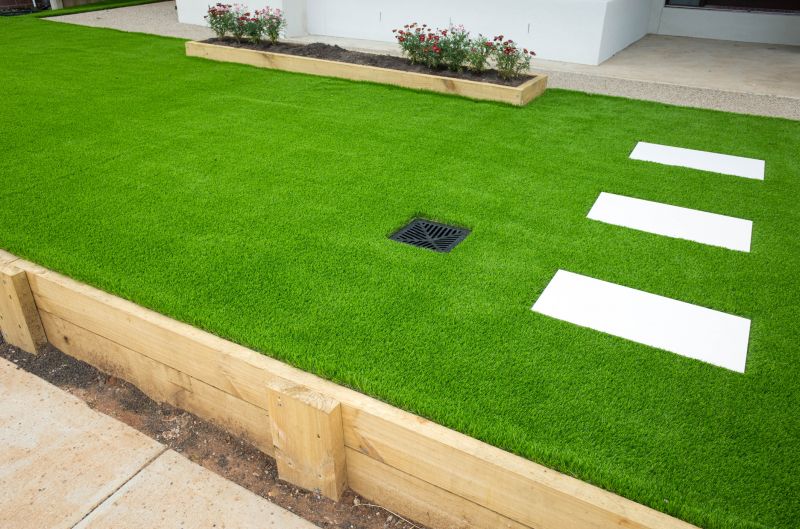
Small tweaks to make Synthetic Grasses safer and easier to use.
Interested in exploring synthetic grass options? Filling out the contact form can provide detailed information tailored to specific project needs.
